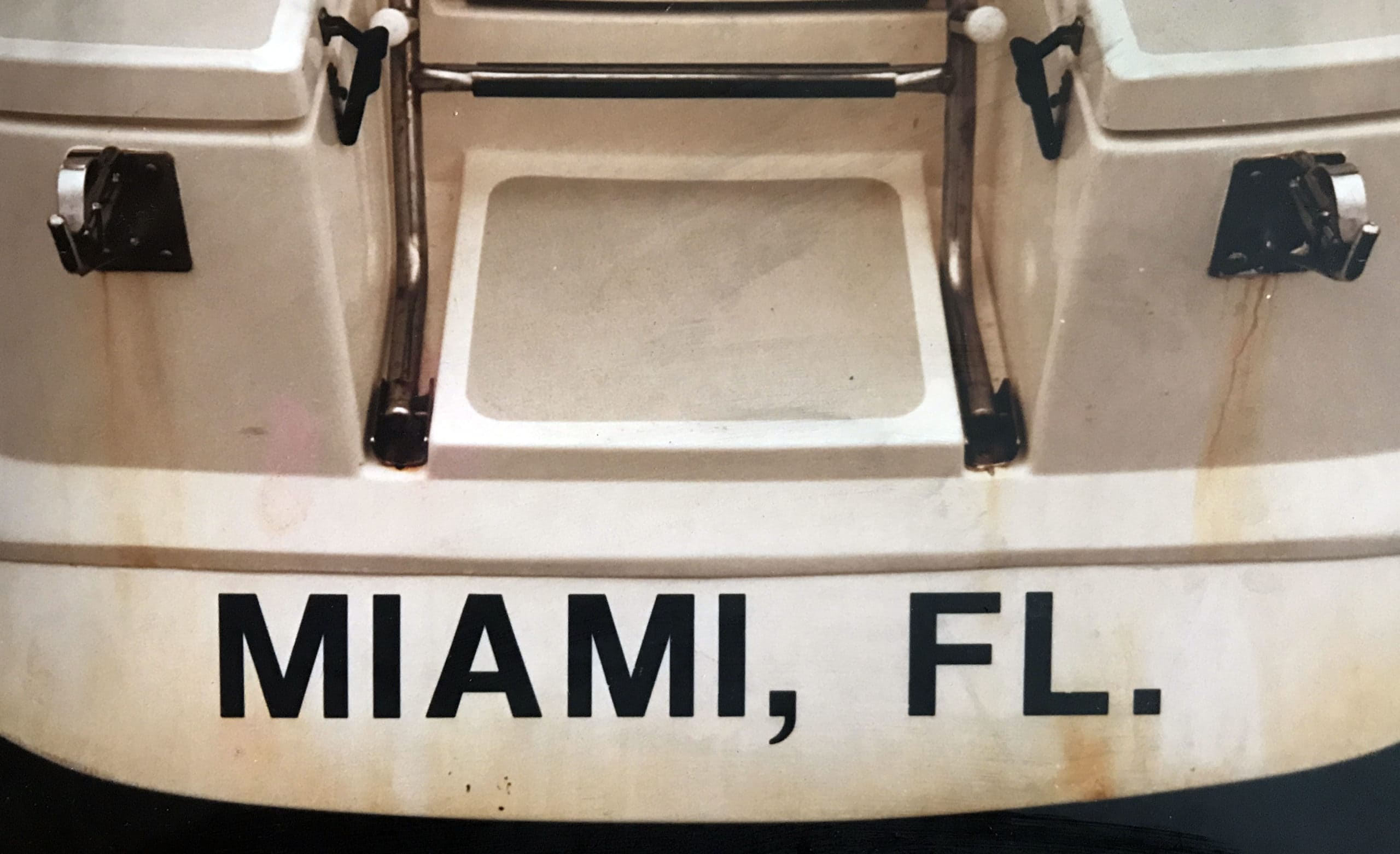The Risks of Rust on a Boat
If you’re a boat owner, the last thing you want is to notice rust patches starting to form on any part of your vessel. Of course, it’s somewhat of an inevitability if you spend a significant amount of time out on saltwater bodies. Prolonged contact to saltwater and the spray that comes off the surface of the water will result in corrosion and degradation over time for just about any substance, including common boat materials like fiberglass, metal and wood. When this happens, rust treatment is in order to get your boat back in usable condition.
It’s not just the surface materials of your boat you need to worry about, either—there’s always the possibility that these corrosive elements can seep into some of the more vital mechanical parts of the boat and even begin to affect the electrical wiring. What this means is that, given a long enough period of time to affect your boat, saltwater and corrosion can ruin a vessel’s safety and quality.
As such, you must remain constantly aware of the condition of your vessel and of any potential rust or corrosion to prevent large-scale damage. Here’s some information about tracking and managing the risks of rust on your boat.
Dealing with marine corrosion
Sailors and ship captains have been dealing with rust and corrosion for millennia. It’s not just chemical corrosion and rust that affects these vessels, either—consider the various forms of organic corrosion that can eat away at a hull, such as barnacles and other sea life that attach themselves to ships.
As these ships moved more toward steel hulls and engines that propelled ships across the water much faster than standard sailboats, the way we think of marine corrosion has also seen a large shift. Because of how expensive ships are and how long they take to build, it is crucial to engineer ships and materials that are capable of withstanding long-term exposure to a variety of corrosive substances.
When rust does occur, it is important to address the issue right away. If rust is left untreated, it will eat away at the vessel’s structural integrity. In addition, the salt found in both the air and the water when out on the ocean will contribute to the degradation of any exposed surfaces of the boat, as well as the growth of corrosive organisms that will latch on to it. Rain and other elements can aid in the proliferation of corrosion by opening up areas that had previously been sealed off to the elements, including electronic components and wiring. When exposed to seawater, those components could become essentially useless.
Your best course of action is to be proactive about addressing corrosion. It’s not just enough to regularly clean your vessels when away from the water or at port. If the ship is going to be away from dock for more than a few days, then it must be cleaned while out on the water. And if you notice signs of rust, take whatever steps necessary to remove it immediately.
For more information about addressing marine corrosion with a high-quality rust treatment product, contact Magica, Inc. today.


